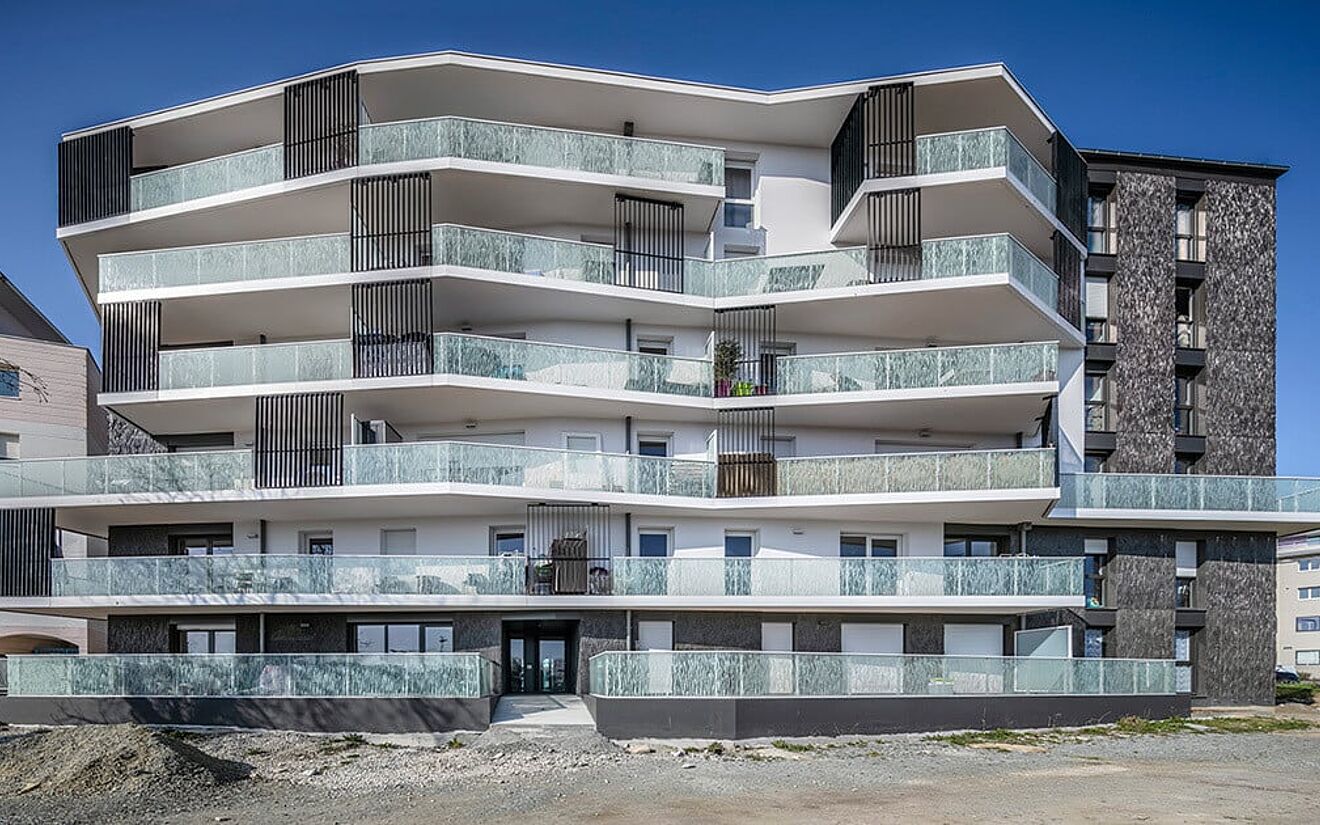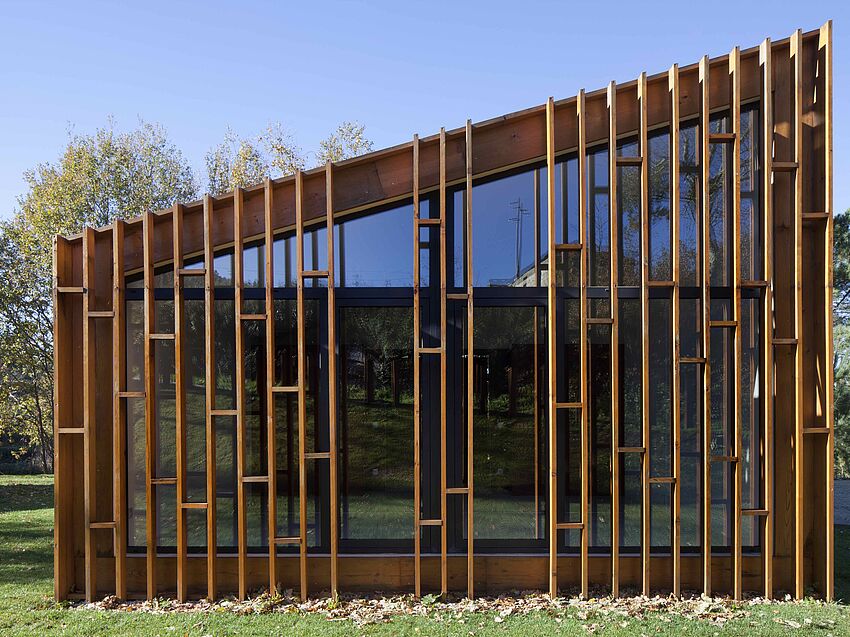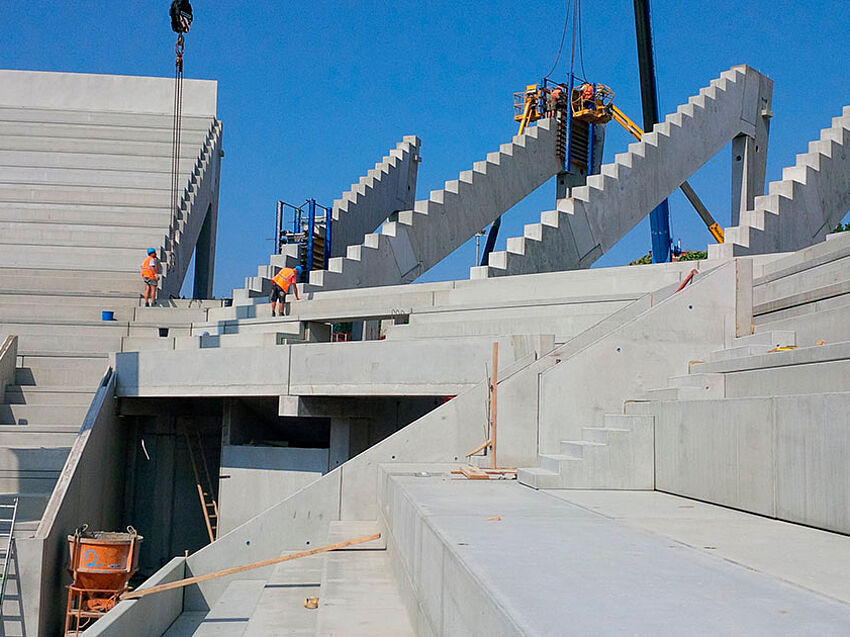Software is THE game changer for significantly increasing efficiency in precast projects. The right software solution helps companies take advantage of automation and digitalization, accelerate design processes, and increase precision in the design and detailing of precast parts.
Construction projects are currently facing numerous challenges: increasing time pressures, changes at short notice, the need for cost efficiency, the rising complexity of projects and products, a shortage of skilled workers, higher demands on architectural design, and a larger number of participants characterize precast projects today. But what if the right software solution could take over numerous routine work steps for you? What if you could save considerable time and avoid errors with the right solution? Let’s take a look at which three success factors are decisive when selecting the right solution for precast design and detailing.
1) Flexible design in 2D and 3D
The ideal software should offer you the option of working in 2D plans or in the 3D precast model. In addition, the solution should ensure that the 2D and 3D views are consistent at every second, making it easy to switch between the two views when needed. For all the elements you create in 2D, the software simultaneously creates the 3D model automatically and vice versa. This way, you can create accurate 3D precast models as quickly and easily as with 2D methods.
2) Easy change management
In construction projects, changes are constantly on the agenda. That’s why it’s essential to minimize the time required to make changes. ALLPLAN offers dedicated workflows for precast design and detailing and enables effective change management by automatically transferring all changes made in the 3D model to the shop drawings. This is because the plans are views of the model, making the plan and model 100% consistent. Similarly, ALLPLAN incorporates changes to the shop drawings immediately and updates them automatically in the model. Because of this unique technology, the quality of planning is increased, so that even last-minute changes can be handled conveniently, swiftly, and without errors.
3) Efficiency through automated workflows
An important lever for increasing productivity in precast design lies in the reduction of routine tasks. Innovative software solutions support designers with automated workflows, freeing up the planning teams for more complex activities. For example, ALLPLAN automatically creates the basic reinforcement for your precast elements or readable production plans in the form of shop drawings including reinforcement, fixtures, and dimensioning.
Choosing a suitable software solution for precast design is a decision with a long-term impact. That’s why our experts have put together a structured checklist to help you find the software that’s best for you. Divided into six areas, you will find 35 decision criteria for choosing the right software for your precast design and detailing needs.




